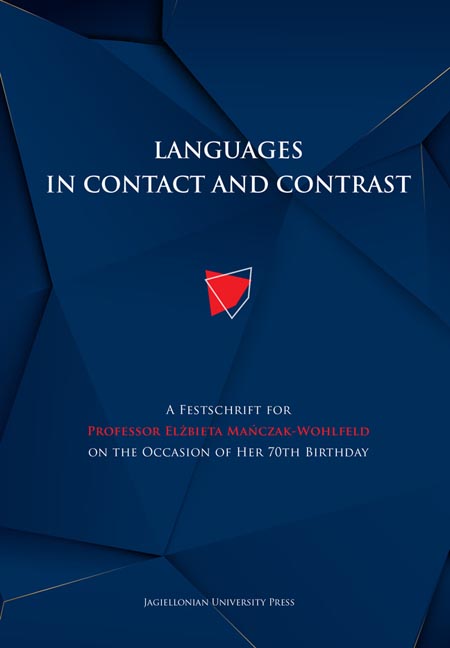 Languages in Contact and Contrast
Languages in Contact and Contrast Published online by Cambridge University Press: 14 October 2023
Three contact scenarios
Contact is not only a broad and heterogeneous concept, it is also far from innocent, as usually contact scenarios involve an interplay of identities – and few things are dearer to individuals and communities alike than their identity. Contact and identity are thus related in various ways, of which this study explores some. Parallel to the notion of contact itself, its consequences and challenges it poses to analysts, the study will examine the portrayal of these phenomena in a selection of written sources: prose fiction, journalism and an academic publication for general audience. This selection is neither systematic nor very robust; rather, it is an exercise in text analysis that is, nevertheless, hopefully sufficient to illustrate and discuss three important types of contact scenarios. In all three, identities are constructed through concerted dynamics of language, cognition and culture; all those either involve the emergence or invoke the notion of complex identities. The rationale for this exercise is that identities are claimed to not only arise through the use of language and thanks to participation in (a) culture(s), but also to be reconstructible from culturally pregnant linguistic samples.
The three categories of contact discussed here are: (i) interlinguistic/intercultural contact; (ii) intralinguistic/intracultural contact; (iii) contact as a confrontation of a cultural group with an external observer. In the first two types, it is the identities that arise through contact that are viewed as complex, rather than simplex. In the third type, when the nature of someone else’s identity is assessed from an external position, there may be a tendency, on the part of the observer, to seek complexity where there is none.
Identities as linguistically constructed
Developments in cognitive linguistics on the one hand and cultural or anthropological linguistics on the other, have led to the emergence of a body of approaches in which language is viewed as a cognitive capacity that is an emanation of human cultural experience, both individual and collective. Language, in this research tradition, is viewed not as something that reflects reality, but something that interprets, or more radically constructs reality.
To save this book to your Kindle, first ensure [email protected] is added to your Approved Personal Document E-mail List under your Personal Document Settings on the Manage Your Content and Devices page of your Amazon account. Then enter the ‘name’ part of your Kindle email address below. Find out more about saving to your Kindle.
Note you can select to save to either the @free.kindle.com or @kindle.com variations. ‘@free.kindle.com’ emails are free but can only be saved to your device when it is connected to wi-fi. ‘@kindle.com’ emails can be delivered even when you are not connected to wi-fi, but note that service fees apply.
Find out more about the Kindle Personal Document Service.
To save content items to your account, please confirm that you agree to abide by our usage policies. If this is the first time you use this feature, you will be asked to authorise Cambridge Core to connect with your account. Find out more about saving content to Dropbox.
To save content items to your account, please confirm that you agree to abide by our usage policies. If this is the first time you use this feature, you will be asked to authorise Cambridge Core to connect with your account. Find out more about saving content to Google Drive.